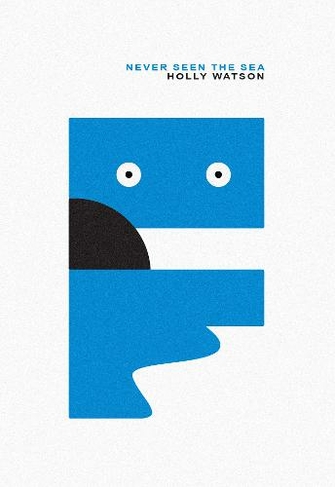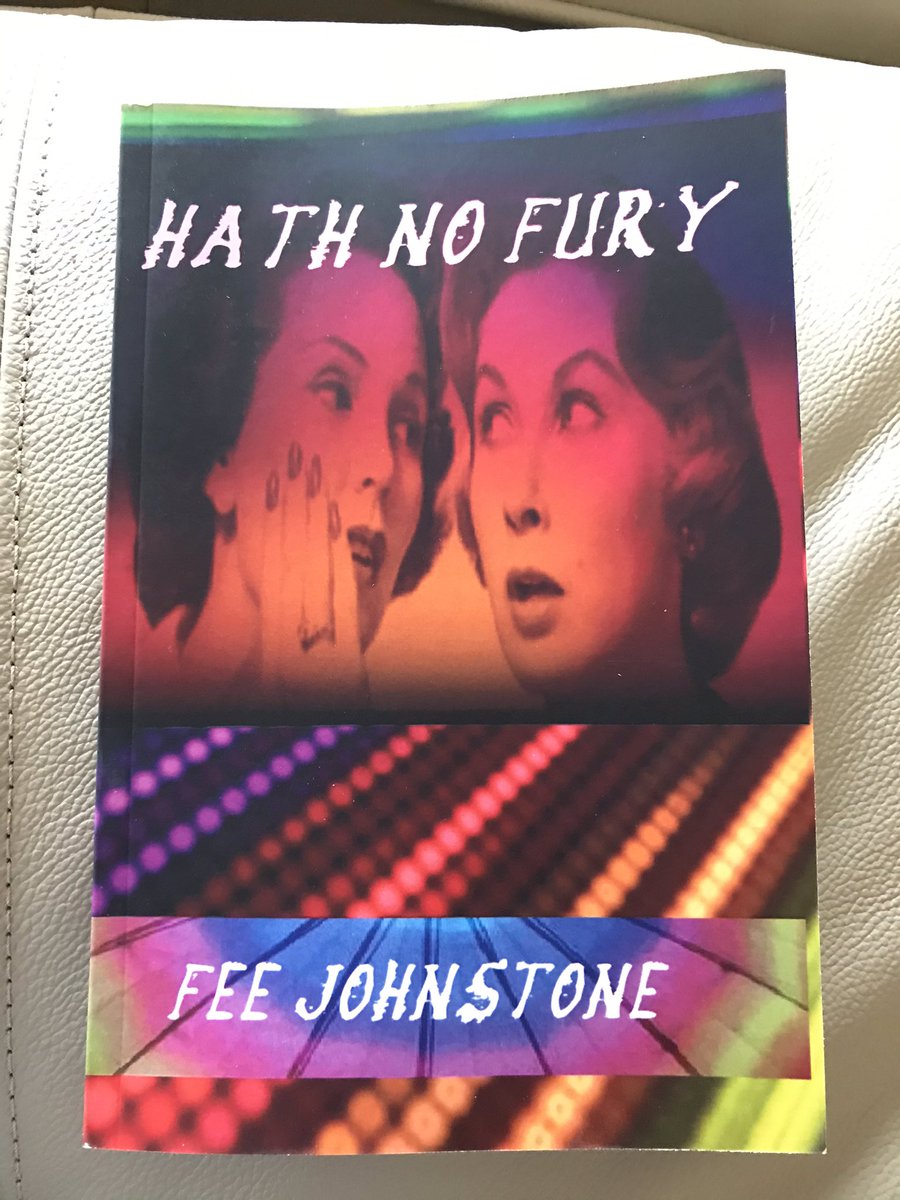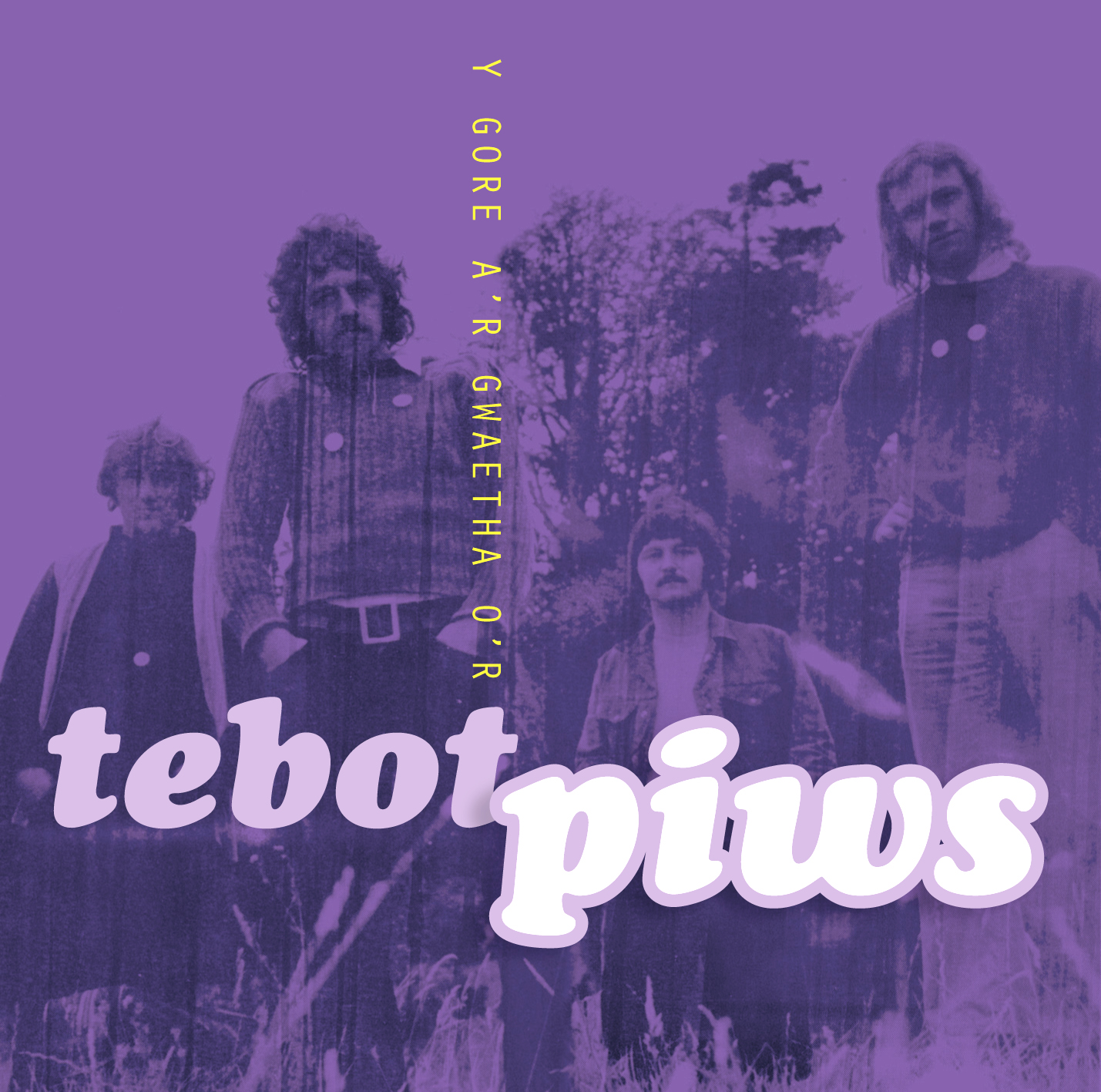Books:
Unsurprisingly,
I’ve had a bit of time on my hands recently. This has enabled me to get
seriously engaged with reading as a pastime once again. One author I have
simply fallen head over heels in love with is the current enfant terrible
of French letters, the scabrous and inflammatory contrarian Michel Houellebecq.
I’m currently 75% of the way through his novelistic oeuvre, which means I’ve
read 6 of 8 works of fiction. The intention is to publish a blog about him in a
couple of weeks, but before then, I’m here to discuss the books I have recently
read by other people.

Somewhat
astonishingly, all 3 authors I’m here to talk about are known to me personally.
One of them, Ian Dowson, published my work in several issues of his seminal
literary journal Billy Liar both sides of the millennium, whereas the
other 2, Fee Johnstone and Holly Watson, I’ve had the honour of showcasing in Glove
over the past couple of years. All 3 writers have now taken the step of
publishing solo works. In Ian’s case, Rain God is a taut and compelling
cop procedural, told from the point of view of female detective Payne, an
emotionally scarified product of experience and environment. Set in a mythical,
dystopian Tyneside, where 5 years of incessant rain has emptied the streets and
ramped up social paranoia in an eerily prescient foreshadowing of the difficult
times we find ourselves in, Rain God is a breakneck compelling read. It
shows a rare ability to make the topography of Tyneside real and free of
cliched tropes, meaning Ian isn’t just the wicketkeeper and captain of High
Stables CC, but an accomplished writer of terse and terrifying prose.

At
the other end of the literary spectrum, Fee Johnstone from Aberdeen and Holly
Watson of Coventry though residing in Southend, have each published a
complementary set of short fiction pieces. The key difference is that Holly’s Never
Seen the Sea is a vaguely chronological cycle of incidents involving her
alter ego The Coventry Conch. Heading towards her teenage years, our
heroine lives on a council estate at the arse end of the 1990s with her
harassed Mum, dull brother and Dad who is forced to work away to make ends
meet. Add in her grandma Nanny Pam and her vile, spiv of an ex-husband Grandpa
and his blowsy second wife, as well as the inanities of everyday life
assuming gigantic proportions in the
eyes of young Holly, and you’ve got a genuinely funny, warm and believable
account of growing up in a no horse town. I seriously recommend it.

Meanwhile,
Fee’s collection Hath No Fury is a series of excellent short pieces,
half of which have been previously published, that offers an insight into the
difficulties experienced by young women growing up and coming to terms with
their sexuality. If this world had any sense of the need to support teenagers
from the LGBT community, and to destroy myths, ignorance and prejudice among
heterosexuals, then Fee’s book would be on the National Curriculum reading list
when the schools next open. It genuinely burst open my mind as I learned things
from a perspective, I’d never had any insight into. Like the other two books, Hath
No Fury is one I’d advise you to seek out, as you’ll not be disappointed.
Music:
It’s
probably of little surprise to you that there are no gigs to review this time
around; Sound of Yell, Alex Rex and Green Ribbons have all postponed trips to
The Cumberland Arms to a vague, unconfirmed date in the future. Instead, we
have 3 albums to be assessed; all of which I’ve purchased on CD incidentally.
We’ll look at them in reverse alphabetical order, which happens to the order I
acquired them.

Since
their full reformation and revivification following the retirement of Bruce
Gilbert and the full incorporation of his replacement, Matthew Sims, Wire have
proved themselves to be the most reliable and innovative of groups. Age has not
diluted the bile nor smoothed the jagged musicianship of Messers Newman and
Gilbert in particular. Mind Hive is their sixth album in ten years and,
despite the brevity of the set weighing in at 34 minutes, it sits squarely and
comfortably alongside Silver / Lead and Nocturnal Koreans as
recent releases confirming their right to be judged with the same rigour as
contemporary bands, rather than being given a free bus pass because of their
age. Wire made the best album of 1977 in Pink Flag and still strive for
such artistic success.
I
must admit the stolid, generic opener Be Like Them didn’t promise too
much, but the next 5 tracks settle into a jaunty, upbeat and almost anthemic
groove that could be from 154. The positive mood is destroyed when Bruce
Gilbert takes the mic for the unsettling, disturbing and randomly titled swamp
trash crawl of Oklahoma that heralds the advent of a blinding, closing
triple salvo. Next up, the punishing Hung is late period Wire at their
stunning, scabrous best. Arcane and angry, Colin Newman veers between the
detached and declamatory; it’s bleak and relentless in a way that Wire do
better than most other bands. Finally, the surprising, almost pastoral Humming
ends the record in as gentle a way as Bitters End finishes off the first
Roxy album; contemplative whimsy such as this makes you take a step back and realise
aren’t ahead of the game, they are actually playing a different one to most
groups. A great album and one that comes highly recommended.
I’m
very old; not COVID-19 super vulnerable old but getting there. I can remember
half a century ago when BBC2 didn’t start until almost 5pm and BBC1 either shut
down for a bit after Watch with Mother or showed some of its regional
output. Cornershop, who are up next, referenced this by naming one of their
songs after the Asian music programme Nai Zindagi Naya Jeevan. I remember watching this on afternoons I was off school, such as my
6-week quarantine when suffering from Scarlet Fever in late 71, as well as a
fantastic Welsh language pop programme (name unknown), which made me fall in love with a troupe of crazy longhairs who
sounded like Lindisfarne meets The Band. Their biggest selling record from Flint
to Haverfordwest was the wonderfully anthemic Mae
Rhywyn Wedi Dwyn Fy Nhrwyn; having had the chorus going round in my
head for half a century, it was a surprise to be able to find the title can be
translated as Someone Has Stolen My Nose and that the band were Tebot
Piws (Purple Teapot).

I contemplated buying the original 7” EP for £45 on
Discogs, but then decided a CD of 18 tracks for a fiver from Sain Records was a
better option. Having listened deeply and regularly to Y Gore a'r Gwaetha (The Best and Worst
Of), I realise I made the best decision. The CD goes chronologically through
the bands career from 1969 to 1972, placing Mae
Rhywyn Wedi Dwyn Fy Nhrwyn in their 1971 heyday. At the
start, it’s kind of Spinners and Scaffold style whimsy, though as the lyrics
are in Welsh, I’ve no clue what they’re singing about, which is probably where
Max Boyce took his influences from. The acoustic guitar, kazoo and banjo early
days are left behind when electrification lifts them, as it did Bob Dylan,
stratospherically, away from their early efforts. That said, mandolin and
fiddles come into play on the gentle folk of Ilecu Ilwyd, before the
gateway gamechanger Godror Fuwch tells us the 70s are here. It isn’t
quite an Altamont moment, but Tebot Piws have certainly gone down around the
corner and up toward the bend when they strike out like Canned Heat down a
bluesy trail with much call and respond hollering.
Amidst this we have the standout track that I’ve kept
alive in my head for nigh on 49 years; Mae Rhywyn Wedi Dwyn Fy Nhrwyn
announces its arrival with relaxed, scuffling drums, eccentric psychedelic
slide geetar, cheerful folk major chords and superb, stoned laconic vocals. It’s
the sort of thing Lindisfarne, Ronnie Lane, Eggs Over Easy and Fairport were
doing at the same time; only this was in Welsh, so it was a singalong where
nobody knew the words, much less what the song meant. Moving on to their last
release in 1972, Birmingham, we have a mandolin driven band that
embraces Jacques Brel style histrionic vocals, akin to Bowie and Bolan in their
tortured artist phase, with the bell-bottomed boozy, bluesy folk craft of Jack
the Lad meets The Faces to drive them along. A glorious, wonderful document of
a band who held the torch for Welsh folk rock, while Man and Budgie were doing
similar for hard and heavy longhair stomps. It also filled in a gap in my
knowledge that had bugged me for 90% of my life.
The tragic death of Andy Gill in January robbed Ben and I
of the chance of ticking off a real bucket list band. Gang of Four’s scheduled
appearance at Herrington Country Park were the sole reason I shelled out £200
on Kubix Festival VIP tickets. Andy’s untimely passing means me and the bairn
will never see one of the most important bands in my musical upbringing. Entertainment,
Solid Gold and Songs of the Free were a triumvirate of unbeatable
slabs of Gramscian art rock. I’m so sad we’ll never see him on stage, which
means Ben and I’s bucket list is reduced to one act: Cornershop. God, I
love Cornershop; ever since I first heard In the Days of the Ford Cortina
EP in early 1993, I’ve lapped up every single slice of three chord provocative
post punk they’ve produced. I’ve only had the pleasure of seeing them live
once, back in April of that year, but I still hold out hope that, once we get
through the current difficulty, there will be an opportunity to watch Tjinder
Singh live.

Thankfully, there are still records by Cornershop and the
newly released England’s Garden is one of their best ever and the first
album of theirs I’ve sourced since 2002’s ebullient classic, Hand Cream for
a Generation. As John Peel said of The Fall, their importance was
summarised by how they were “always different, but always the same.” So it is
with Cornershop; 4/4 beat, three barre chords, tablas and sitars in the mix
with Tjinder’s tired, cynical vocals and complex lyrics. It’s an adorable and
comforting mix of thudding drums, anthemic organ and hippy, trippy flutes. It
could be 1967, 1992 or the present day; Haight Astbury, Ibiza or Camden Town.
Tjinder Singh’s takes influence from each place and scatters his own musical
angel and fairy dust across us all.
England’s Garden is a
barrage of brilliance from start to finish. In an album of universal strength,
the real heavy hitters are the mid-paced, laconic anthems Slingshot, No Rock
Save in Roll, the punch the sky exuberance of Cash Money and One
Uncareful Lady Owner, replete with crooning, tablas and a 50s doo wop
theme. Utter genius. Tjinder Singh and Cornershop as a project are intensely
important entities, scandalously ignored by both the hoi polloi and musical
cognoscenti alike. Hopefully England’s Garden brings them back into the
public eye.
An
Alphabet of Gigs:
I
just fancied joining in with the zeitgeist, so here comes a top of the head
list -:
A
= A Certain Ratio
B
= The Bluebells
C
= Cornershop
D
= Dinosaur Jr
E
= Echo and the Bunnymen
F
= The Fall
G
= Godspeed You! Black Emperor
H
= Husker Du
I
= The Invisible Girls
J
= Joy Division
K
= Killdozer
L
= Ludus
M
= My Bloody Valentine
N
= NoMeansNo
O
= Orange Juice
P
= The Pop Group
Q
= Quin the Eskimo
R
= The Raincoats
S
= Swans
T
= Teenage Fanclub
U
= U Thant
V
= Violent Femmes
W
= Whitehouse
X
= X Mal Deutschland
Y
= Neil Young
Z
= Zoviet France
No comments:
Post a Comment